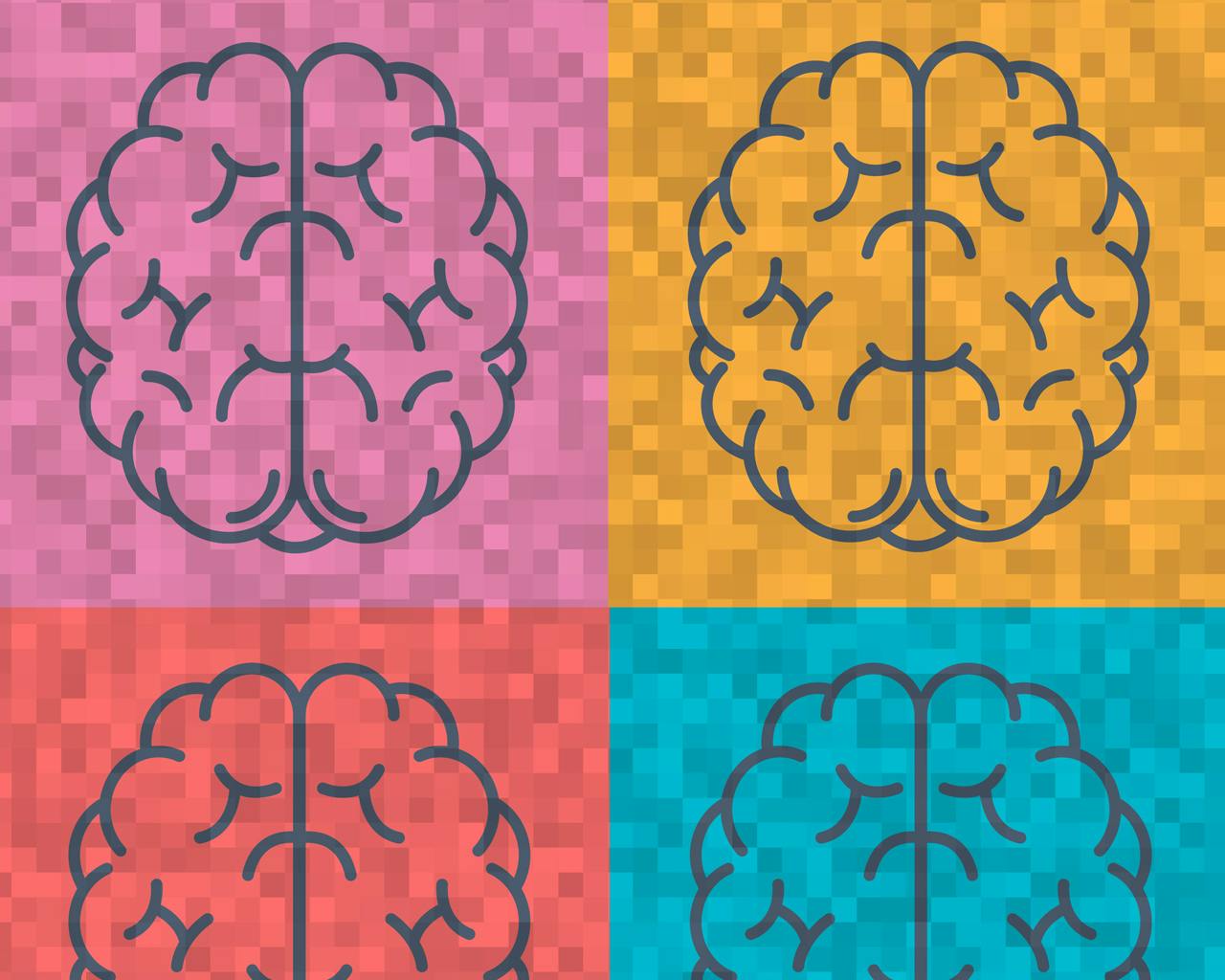Neurodiversity is considered to be an essential form of human diversity. The idea that there is one ‘normal’ or ‘healthy’ type of brain or one ‘right’ style of neurocognitive functioning is no more valid than the idea that there is one ‘normal’ or ‘right’ gender, race or culture. There is evidence that neurodiversity has been of evolutionary benefit to humans. With some of these conditions bringing remarkable attributes, such as memory or visualisation skills, they may play a role in diversifying the range of cognitive capabilities within the species.
This report summarises a way of seeing this hidden lost potential and unlocking it to fuel an especially healthy kind of growth. It is aimed at marketers but will also be of use to other business leaders seeking to understand how to stimulate growth.
Econsultancy would like to thank the following people for their contributions to this report:
- Mark Evans, Marketing Director, Direct Line
- Paul Boag, User Experience and Service Design Consultant, Boagworld.com
- Dr Abi James, Research Fellow, University of Southampton and Chair, British Dyslexia Association New Technology Committee
- Margaret Malpas, Joint Chair, British Dyslexia Association
- Anastasios Maragiannis, Academic Portfolio Leader and Principal Lecturer in Design, University of Greenwich
- Ashley Firth, Head of Front-End Development, Octopus Energy
- Paul Davies, Consumer Marketing Director, Microsoft
- Andy Atkinson, Group Marketing and Customer Director, Morrisons
- Marie-Claude Gervais, Research and Strategy Director, Versiti
- Tatty Bowman, Co-Chair, 21&Co
- Neil Milliken, Head of Accessibility & Digital Inclusion, Atos
- Jon Warden, Product and UX Consultant
- Trenton Moss, CEO, Webcredible
- Paul Harpin, Freelance Creative Director and Partner, The London Type Foundary
- Charlie Dawson, Founding Partner, The Foundation
- Martin Lea, Sales Executive, Reciteme.com

